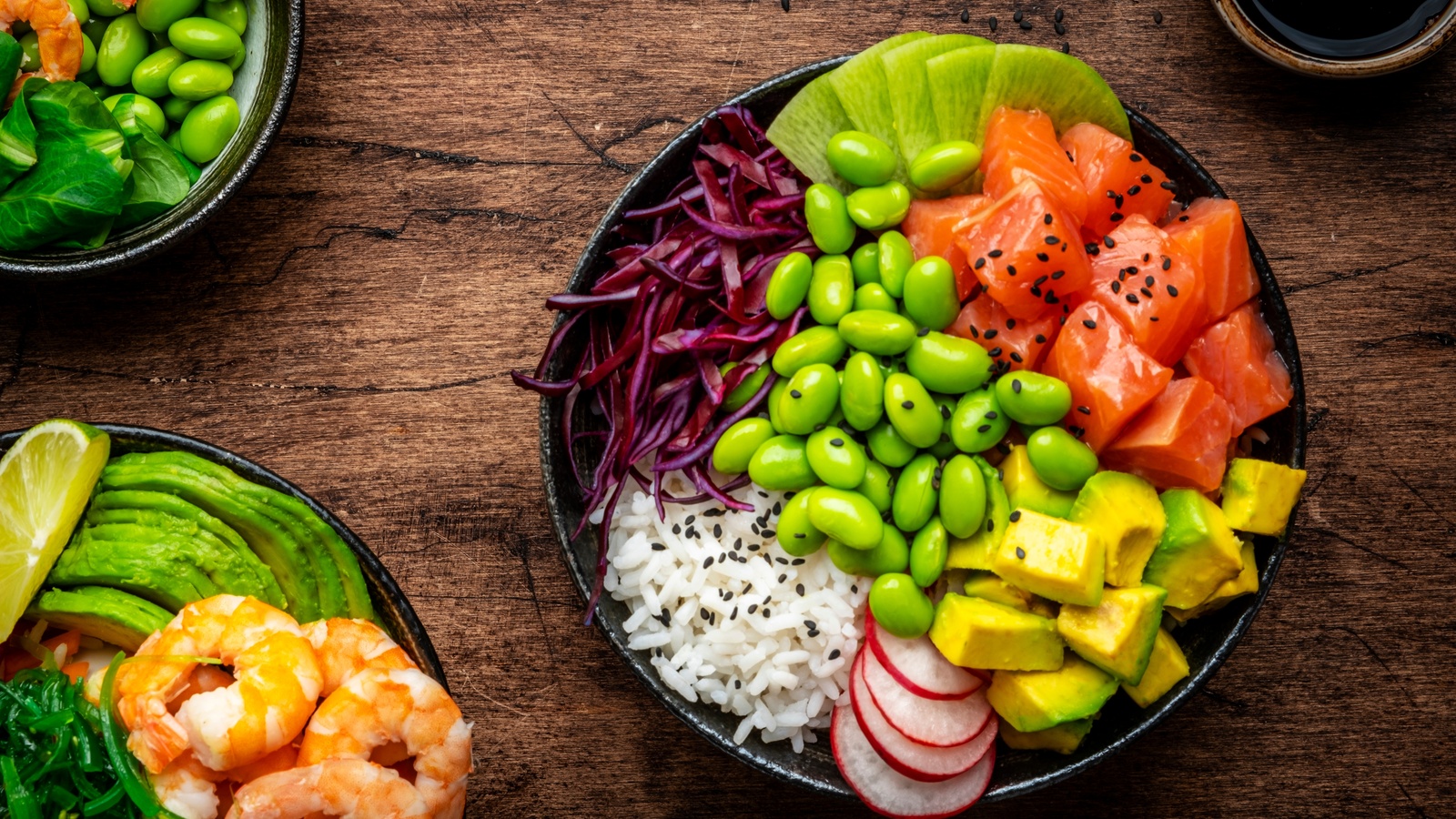Articles / Healthy Living
Jan 5, 2025
16K Views
Top Tips to Regulate Your Glucose
By Food Matters Institute
Glucose, a vital source of energy for our bodies, plays a crucial role in maintaining overall health. However, dysregulated glucose levels can lead to issues such as fatigue, mood swings, weight gain, and long-term complications like diabetes. The good news is that with mindful choices, you can maintain stable glucose levels and support your well-being. Here are our top tips for regulating glucose naturally and effectively:
1. Eat Balanced Meals
Ensure your plate contains a balance of macronutrients—complex carbohydrates, healthy fats, and protein. Proteins and fats slow down the absorption of glucose from carbohydrates, preventing sharp spikes in blood sugar. For example, pair quinoa (a complex carbohydrate) with avocado and grilled salmon for a nourishing meal.
2. Focus on Fiber
Fiber, especially soluble fiber, slows the absorption of sugar in the bloodstream. Incorporate foods like chia seeds, flaxseeds, leafy greens, and legumes into your diet. Aim for at least 25–30 grams of fiber daily for optimal glucose regulation.
3. Avoid Processed Sugars
Refined sugars and simple carbohydrates can cause glucose spikes and crashes. Instead, opt for natural sweeteners like raw honey or dates in moderation and enjoy whole fruits that come with fiber to buffer sugar absorption.
4. Time Your Carbohydrates
Consider consuming most of your carbohydrates earlier in the day when your body is more insulin-sensitive. Additionally, try carbohydrate cycling—eating more carbs on active days and fewer on rest days—to better manage your glucose levels.
5. Prioritize Movement After Meals
Engaging in light physical activity, such as walking, after meals can help regulate glucose by promoting insulin sensitivity and encouraging glucose uptake by muscles. Just 10–15 minutes of post-meal movement can make a difference.
6. Incorporate Glucose-Lowering Foods
Certain foods, like apple cider vinegar, cinnamon, fenugreek, and berberine, have been shown to support glucose regulation. Add a splash of apple cider vinegar to your salad or sprinkle cinnamon on oatmeal for a flavorful and functional boost.
7. Stay Hydrated
Dehydration can lead to elevated blood sugar levels. Make it a habit to drink water throughout the day, aiming for at least 8–10 cups. Adding a pinch of sea salt or a slice of lemon can enhance hydration and electrolytes.
8. Optimize Your Sleep
Poor sleep can impair insulin sensitivity and disrupt glucose regulation. Strive for 7–9 hours of quality sleep each night. Maintain a consistent sleep schedule and create a calming bedtime routine to support restorative rest.
9. Manage Stress
Chronic stress elevates cortisol levels, which can cause blood sugar imbalances. Incorporate stress-reducing practices like yoga, meditation, or deep breathing exercises into your daily routine to keep cortisol levels in check.
10. Track Your Progress
Use a continuous glucose monitor (CGM) or regularly check your blood sugar levels to understand how your body responds to different foods, activities, and lifestyle factors. This insight empowers you to make informed choices tailored to your needs.
Regulating glucose is not about strict dieting or deprivation; it’s about mindful and sustainable choices that nourish your body and mind. By incorporating these tips into your daily routine, you can support stable glucose levels, enhance your energy, and improve your overall health.
At Food Matters Institute, we believe in empowering individuals with knowledge to take control of their well-being. Small changes can lead to significant improvements—start with one tip today and build from there. Your journey to balanced glucose begins with informed action!
You can learn more about the impact of food on your body in our Food As Medicine Program HERE. >>













